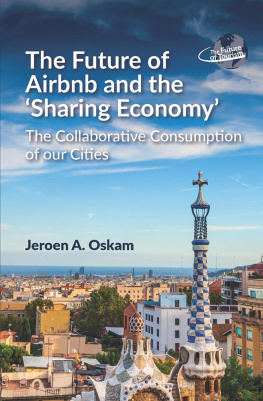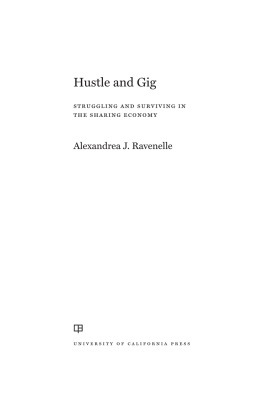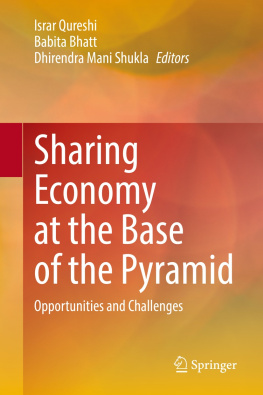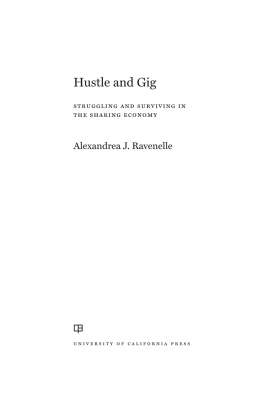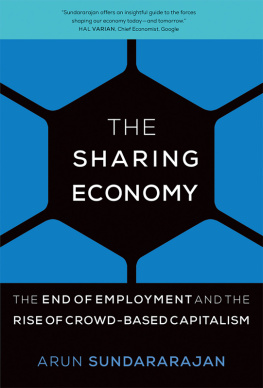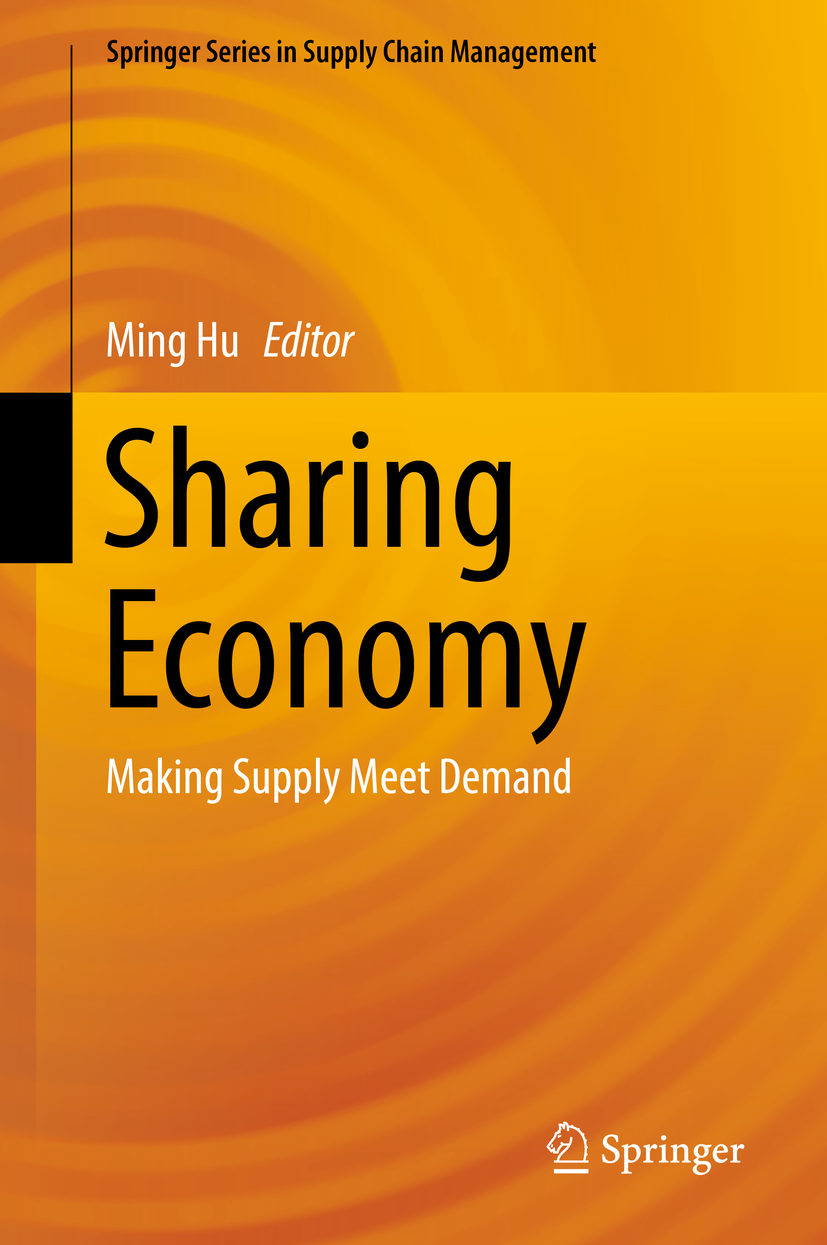Editor
Ming Hu
Rotman School of Management, University of Toronto, Toronto, ON, Canada
ISSN 2365-6395 e-ISSN 2365-6409
Springer Series in Supply Chain Management
ISBN 978-3-030-01862-7 e-ISBN 978-3-030-01863-4
https://doi.org/10.1007/978-3-030-01863-4
Library of Congress Control Number: 2018964940
Springer Nature Switzerland AG 2019
This work is subject to copyright. All rights are reserved by the Publisher, whether the whole or part of the material is concerned, specifically the rights of translation, reprinting, reuse of illustrations, recitation, broadcasting, reproduction on microfilms or in any other physical way, and transmission or information storage and retrieval, electronic adaptation, computer software, or by similar or dissimilar methodology now known or hereafter developed.
The use of general descriptive names, registered names, trademarks, service marks, etc. in this publication does not imply, even in the absence of a specific statement, that such names are exempt from the relevant protective laws and regulations and therefore free for general use.
The publisher, the authors and the editors are safe to assume that the advice and information in this book are believed to be true and accurate at the date of publication. Neither the publisher nor the authors or the editors give a warranty, express or implied, with respect to the material contained herein or for any errors or omissions that may have been made. The publisher remains neutral with regard to jurisdictional claims in published maps and institutional affiliations.
This Springer imprint is published by the registered company Springer Nature Switzerland AG
The registered company address is: Gewerbestrasse 11, 6330 Cham, Switzerland
Preface
Sharing economy refers to a market model that enables and facilitates the sharing of access to goods and services. For example, Uber allows riders to share a car. Airbnb allows homeowners to share their extra rooms with renters. Groupon crowdsources demands, enabling customers to share the benefit of discounted goods and services, whereas Kickstarter crowdsources funds, enabling backers to fund a project jointly. Unlike the classic supply chain settings in which a firm makes inventory and supply decisions, in a sharing economy, supply is crowdsourced and can be modulated by a platform. The matching-supply-with-demand process in a sharing economy requires novel perspectives and tools to address challenges and identify opportunities.
This edited book examines the challenges and opportunities arising from todays sharing economy from an operations management perspective. Individual chapter authors present state-of-the-art research that examines the general impact of sharing economy on production and consumption, the intermediary role of a sharing platform, crowdsourcing management, and various context-based operational problems.
Ming Hu
Toronto, Canada
March 2018
Acknowledgments
This book cannot exist without the strong commitment of our colleagues. I am grateful to each of the contributing authors for sharing their cutting-edge research with us. I would like to thank Professor Chris Tang, the editor of the Springer Series in Supply Chain Management, who has encouraged me to work on this book. I am grateful to Mirko Janc for typesetting each chapter exceptionally carefully and rigorously.
This work was financially supported by the Natural Sciences and Engineering Research Council of Canada [Grant RGPIN-2015-06757]; the National Natural Science Foundation of China (NSFC) [Grant No. 71772006]; the Rotman School of Management, University of Toronto; and the program of Guanghua Thought Leadership at Guanghua School of Management, Peking University.


